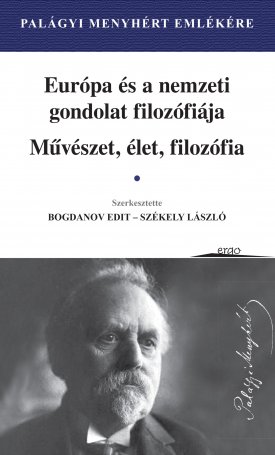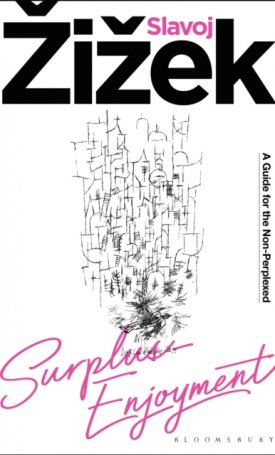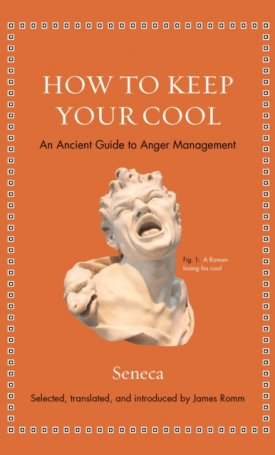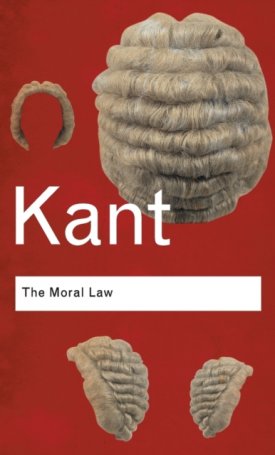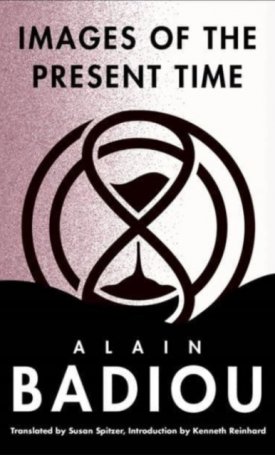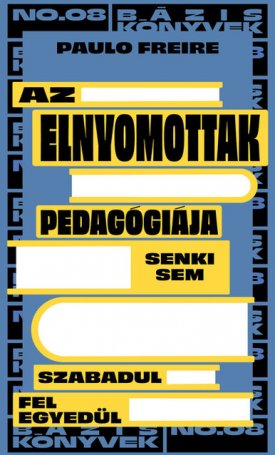Phenomenology and Deconstruction Vol 3. Breakdown in Communication
ISBN: 9780226123714
Méret: 152 * 228
Tömeg: 440 g
Oldalszám: 322
Megjelenés éve: 2001
Phenomenology and Deconstruction Vol 3. Breakdown in Communication
Philosophers are committed to objective understanding, but the
history of philosophy demonstrates how frequently one philosopher
misunderstands another. The most notorious such breakdown in
communication in twentieth-century philosophy was between Husserl and
Heidegger. In the third volume of his history of the phenomenological
movement, Robert Denoon Cumming argues that their differences involve
differences in method; whereas Husserl follows a "method of
clarification," with which he eliminates ambiguities by relying on an
intentional analysis that isolates its objects, Heidegger rejects the
criterion of "clarity" and embraces ambiguities as exhibiting
overlapping relations.
Cumming also explores the differences between how
deconstruction—Heidegger’s procedure for dealing with other
philosophers—is carried out when Heidegger interprets Husserl versus
when Derrida interprets Husserl. The comparison enables Cumming to
show how deconstruction is associated with Heidegger’s arrival at the
end of philosophy, paving the way for the deconstructionist movement.
CONTENTS:
Introduction: Difficulties in Communication
1. The Two Traditions
2. Disciples
3. Fellow Workers
4. The Work of the Other
Procedures
5. The Shift in Subject
6. The Shift in Method
7. The Retrieval
8. The Translation
Deconstruction
9. Destruktion
10. The Edge
11. The Boundary
The Sign
12. The Ambiguity
13. The Indicative Sign
14. The Indicator
Relational Analysis
15. The Context
16. Der Weg Der Abhebung
17. Umgang
18. Ausgang
Being-In
19. Concept Construction
20. Aufgehen In
21. Psychologism
22. The Theory of Knowledge
Communication
23. Language
24. The Monologue
25. The Public Reckoning
Conclusion: The End of Philosophy
Notes
Works Cited
Index
AUTHOR:
Robert Denoon Cumming (1916-2004) was the Frederick J. Woodbridge Professor Emeritus of philosophy at Columbia University.








